Be a responsible traveler – 5 ideas to preserve the oceans
“A beach is not only a sweep of sand but shells of sea creatures, the sea glass, the seaweed, the incongruous objects washed up by the ocean.” –Henry Grunwald, Editor-in-Chief, Time magazine – He to sure to be a responsible traveler.
Who doesn’t love to relax on a beach? The warm sun, the clean white sand, cool blue waters, and swaying coconut trees on a pristine beach are enough to get you in the right mood, no matter how stressed you are. These days, however, beaches and seas are getting polluted due to an ever-increasing number of visitors thronging them. According to the National Academy of Sciences, an estimated 14 billion pounds of waste gets dumped in the sea each year. Not only is this garbage disgusting to look at, but also poses a serious threat to the marine life. If you are a water baby and care for nature, here are 5 ideas that will help protect the environment while you are backpacking for your beach holiday:
Be a responsible traveler – follow these guide
-
Don’t litter
There are plenty of reasons why one enjoys a beach. Some like to swim, dive or kayak in the seas, while others prefer to just relax on the shore. No matter what your preference is, you must keep in mind that you area responsible traveler and sharing this environmental setting with other life forms too. The garbage that you leave behind on the beach ends up getting swept out into the sea, thereby polluting it and putting the marine life in danger. So, always remember to pick up your trash when you are leaving your favourite beach.
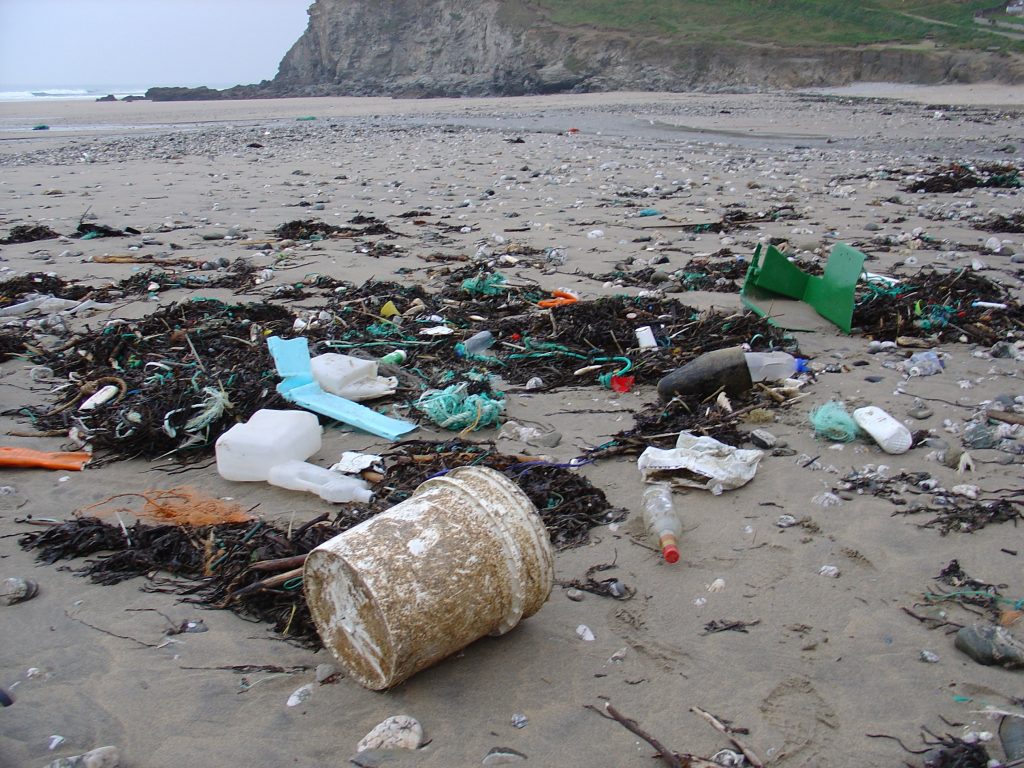
-
Say no to plastic
Plastic forms a chunk of marine debris, and it does not break down easily. Scavenging animals on the shore or aquatic life in the sea ingest plastic, often die immediately due to choking or blockage. In order to reduce plastic waste on your favourite beach, avoid carrying water bottles, shopping bags, and food containers that are made up of this toxic, non-disposable material. If you are carrying any plastic with you, ensure that it ends up in the recycling bin instead of on the beach.
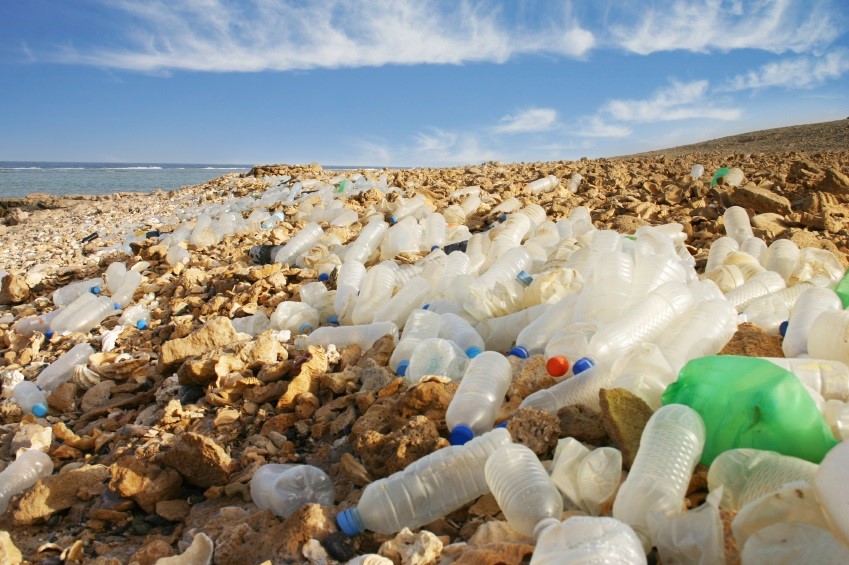
-
Enjoy seafood that has been sourced sustainably
Pomfret, Bombay duck, crabs, lobsters…meat lovers crave platefuls of fresh seafood by the sea. However, it’s not always clear where the grub comes from and how it has been sourced. Food fads and unsustainable fishing methods have caused a serious dip in the population of fish and crustaceans. As a nature-lover, you can choose to enjoy seafood that is low on the food chain or which is replenished quickly. You can also ask the restaurant owner how their seafood was sourced. Keep yourself updated with the list of endangered sea creatures and avoid consuming these species.
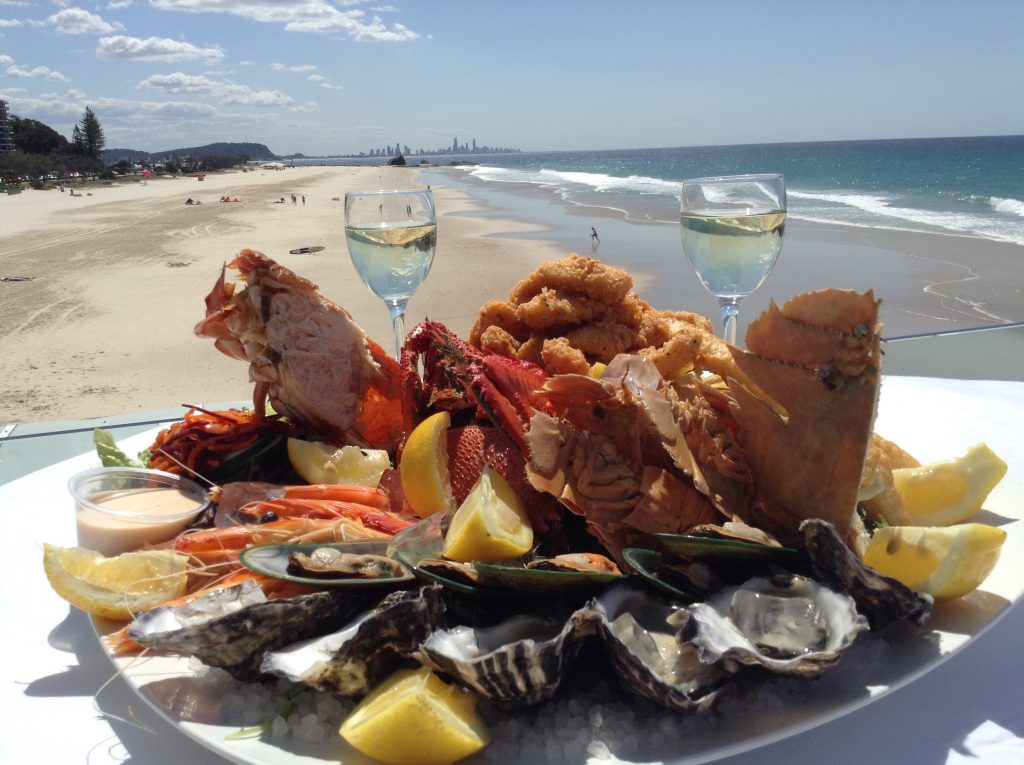
-
Use organic sunscreen
No trip to a beach is complete without swimming costumes, sunglasses, flip-flops, and sunscreen lotion. However, as per recent environmental studies, sunscreen lotions are posing a serious threat to sea creatures. Zinc oxide and titanium dioxide present in the sunscreen react with UV light, producing hydrogen peroxide. Too much of this compound is bad for the plankton in the sea. This, in turn, ends up affecting the food chain adversely. These and other chemicals that are found in your sunscreen may also cause damage to the coral reefs. Thus, for beach ecosystem, it is advised to use an organic sunscreen. Another advantage of using natural sunscreens is that it is also healthier for your skin.
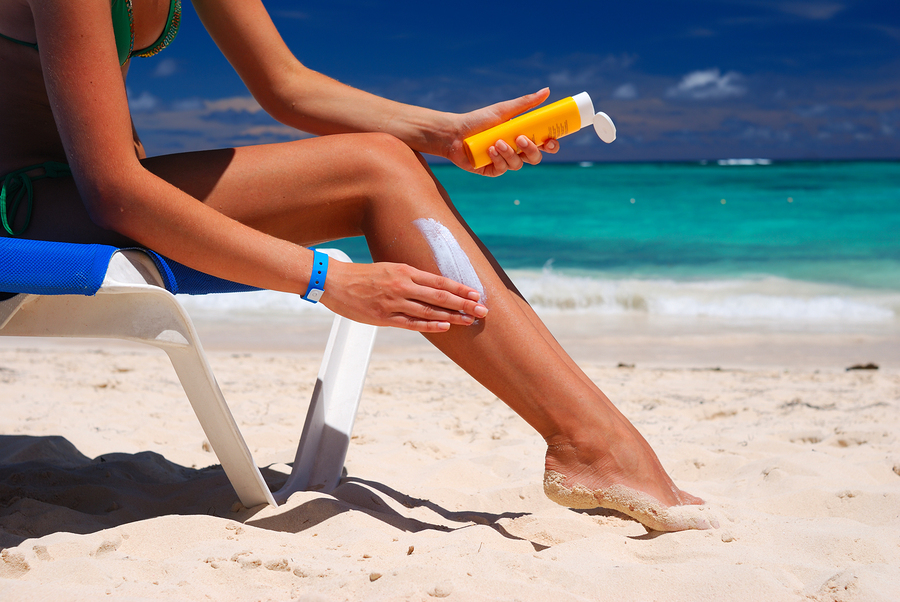
-
Don’t shop for souvenirs that exploit marine life
Everyone wants pretty souvenirs like corals when you tell them that you are visiting a picturesque beach. Before you buy such gifts, consider this fact that it takes over 10,000 years for a coral reef to form from a bunch of larvae. Every chunk of coral that is up for sale in beachside souvenir shops became what it is after several years, but was destroyed in a matter of time. Avoid buying marine life like corals and shark accessories as they end up harming the marine ecosystem.
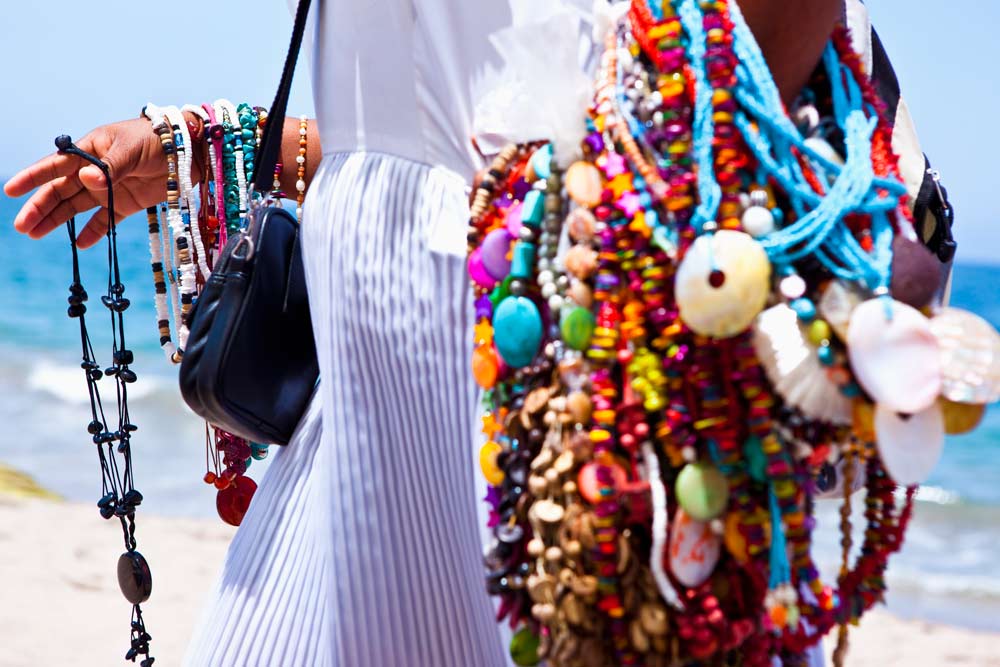
Implement the tips that are mentioned above on your next outing to a beach and be a responsible traveler. The environment and the sea life will thank you in their own way.
